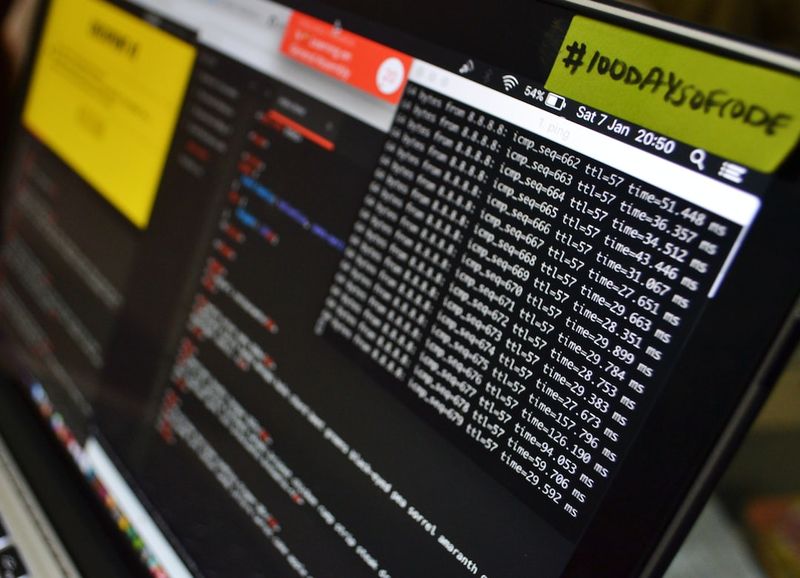Chinese Hackers Breach US Govt Email Accounts: Microsoft
The Breach
In a recent development, Chinese-based hackers targeted and breached the email accounts of several US government agencies, according to a statement by computer giant Microsoft. The threat actor, referred to as Storm-0558 by Microsoft, gained unauthorized access to email accounts at approximately 25 organizations, including government agencies. While Microsoft did not disclose the specific targets, a spokesperson from the US State Department confirmed the detection of anomalous activity and subsequent steps taken to secure their systems. Although email accounts of Pentagon, intelligence community, and military officials were reportedly unaffected, The Washington Post later revealed that State Department email accounts and that of Commerce Secretary Gina Raimondo had been compromised.
The Motive
Microsoft executive vice president Charlie Bell described the adversary responsible for the breach as primarily focused on espionage, specifically gaining access to email systems for intelligence collection. This type of adversary, motivated by espionage, seeks to abuse credentials and access data residing in sensitive systems. While the motive behind the breach appears to be intelligence gathering, Microsoft’s investigation is still ongoing, and more details are yet to be revealed.
The Response and Investigation
US National Security Adviser, Jake Sullivan, acknowledged the breach and highlighted that further security breaches had been prevented. He stated that the investigation is ongoing, and Microsoft is working closely with government agencies to gather more information. The incident is being taken seriously, and steps are being taken to ensure the security of compromised systems and prevent future attacks.
Evaluating Espionage and Data Theft
A Persistent Threat
Chinese cyber espionage against the United States and its allies is a persistent and growing problem. Earlier this year, Microsoft reported that state-sponsored Chinese hackers called “Volt Typhoon” had infiltrated critical US infrastructure networks, including Guam, a vital military outpost in the Pacific Ocean. The May report by Microsoft highlighted “malicious” activities detected elsewhere in the United States. An advisory released by US, Australian, Canadian, New Zealand, and British authorities warned that such hacking activities were likely happening globally, indicating the extent of the threat posed by Chinese cyber espionage.
Improving Cyber Collection Capabilities
US Senator Mark Warner, chairman of the Senate Select Committee on Intelligence, expressed concern over the breach and emphasized the steady improvement of China’s cyber collection capabilities against the US and its allies. This breach underscores the urgency for the US to enhance its cybersecurity defenses and develop effective strategies to counter these persistent threats. Investigations into the breach will shed light on the extent of the damage and provide valuable insights for policymakers and intelligence agencies to bolster defenses against future attacks.
The Attribution Challenge
One of the challenges in responding to cyber espionage incidents is attribution, particularly when state-sponsored actors are involved. While Microsoft has identified China as the source of the breach, China has denied the allegations and labeled the Microsoft report as “extremely unprofessional” and “scissors-and-paste work.” These denials and accusations reflect the diplomatic and political complexities surrounding cyber attribution.
Geopolitical Context
The disclosure of this hacking incident coincides with recent diplomatic engagements between China and the United States, including trips by Secretary of State Antony Blinken and Treasury Secretary Janet Yellen to China, as well as the shooting down of a Chinese surveillance balloon by the United States. These events underscore the multifaceted nature of cybersecurity and the broader geopolitical context in which these actions take place.
Editorial: Strengthening Cybersecurity Defenses
This breach serves as a stark reminder of the ongoing threat posed by state-sponsored cyber espionage. It is imperative that the United States and its allies continue to invest in robust cybersecurity measures, both in terms of proactive defense and response capabilities. Enhancing information sharing and collaboration among government agencies, private sector entities, and international partners is crucial in staying ahead of these evolving threats.
Advice for Organizations and Individuals
This incident underscores the importance of robust cybersecurity practices for organizations and individuals alike. To mitigate the risk of email account breaches and other cyber threats, organizations should prioritize the following:
1. Implement strong authentication measures: Two-factor authentication and encryption can significantly enhance the security of email accounts and sensitive data.
2. Regularly update software and systems: Keeping operating systems, applications, and security software up to date helps protect against known vulnerabilities.
3. Conduct regular security assessments: Regularly review and assess the security protocols and systems in place to identify and address potential weaknesses.
4. Invest in employee training and awareness: Educate employees on best practices for email security, including recognizing phishing attempts and using strong passwords.
For individuals, it is essential to follow similar security measures, such as using strong passwords, enabling two-factor authentication, and being cautious of suspicious emails and links. Additionally, staying informed about the latest cybersecurity threats and keeping personal devices updated with the latest security patches is crucial.
In conclusion, the breach of US government email accounts by Chinese hackers serves as a stark reminder of the persistent threat posed by state-sponsored cyber espionage. This incident necessitates a comprehensive and collaborative approach to cybersecurity, involving proactive defense measures, robust response capabilities, and strengthened international cooperation. By prioritizing cybersecurity practices and investing in the necessary resources, organizations and individuals can mitigate the risk of such breaches and help protect sensitive information.

<< photo by cottonbro studio >>
The image is for illustrative purposes only and does not depict the actual situation.
You might want to read !
- China’s Cyber Attack: Unraveling the Breach of U.S. Government Agencies’ Emails
- Vulnerability Alert: Latest Flaws Uncover Risks in SonicWall and Fortinet Security Products
- Root of the Problem: Examining the Latest Attack on Chinese Gamers
- The Great Wall Breached: Chinese APT Targets Government Agencies with Microsoft Outlook Email Hack
- Chinese Hackers Breach US Government Agencies, Exposing Sensitive Email Data
- US Government Issues Guidelines on Software Security Assurance Standards




